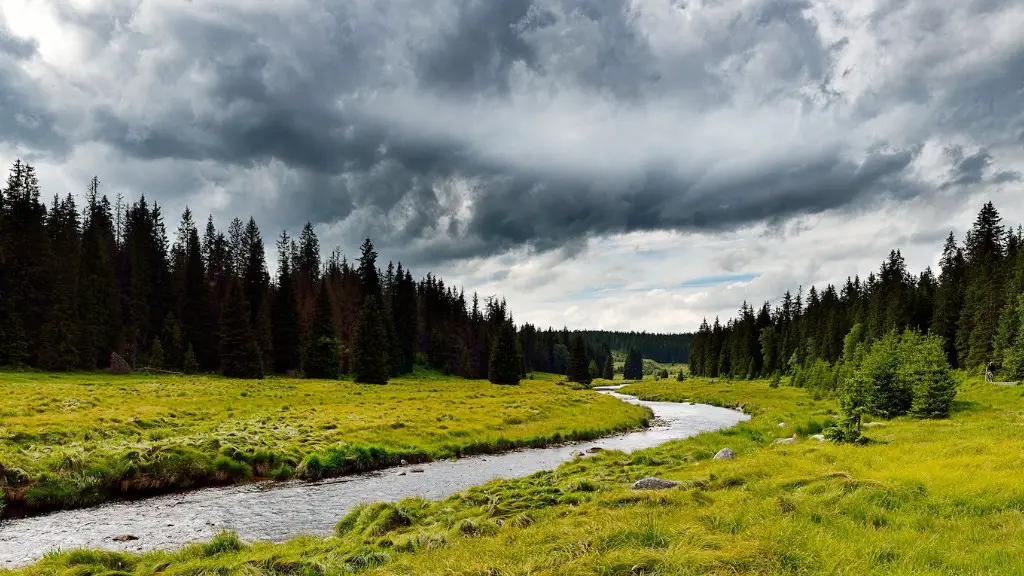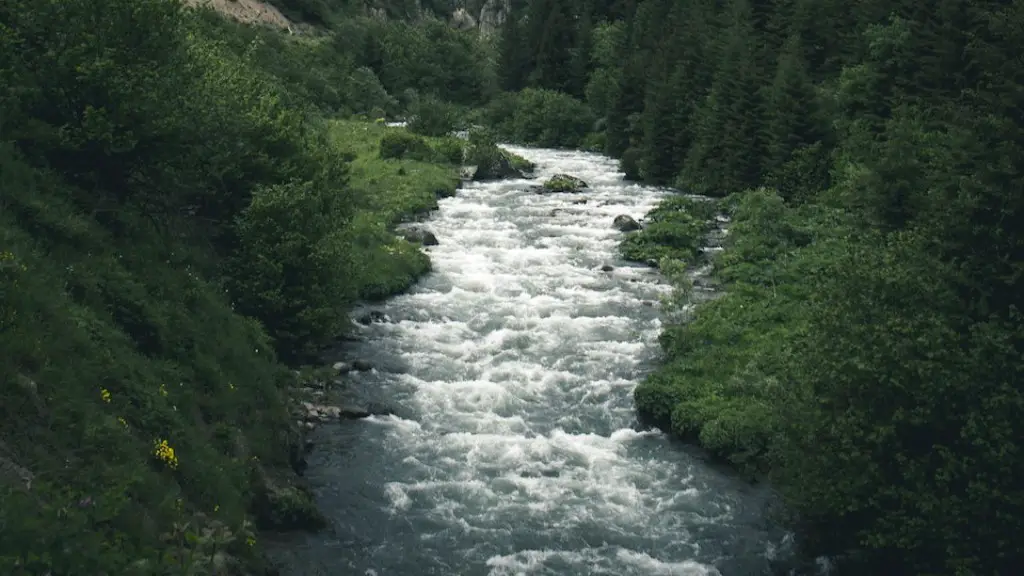Trade route history
The Mississippi River has been a major transportation and trade artery since it was first discovered. Native Americans not only used the river’s banks for their settlements, but they sailed the waters in their canoes and learnt to ferry goods and people along its course. The Europeans had long-known about the river before they arrived to the Mississippi Valley in the late 1600s. Louis Jolliet and Father Jacques Marquette, two French explorers, were the first to chart the course of the river in 1673 – which eventually become known to the public as ‘The Father of Waters’.
In the 1700s, settlers from the United States began to venture down the river in the hopes of making a better life for themselves and their families. As the population swelled and the territorial boundaries grew ever larger, the need for trade and travel increased, and the Mississippi provided an ideal route. Despite difficult terrain and unpredictable water conditions, the river’s method of travel was both cost and timesaving, especially when compared to trails, wagon roads and stagecoaches.
Modern Use of the Mississippi River
Today, the Mississippi is still an important trade route and many shippers rely on its services. It provides a cost effective and reliable method of transport for people and goods travelling throughout the region, and helps to facilitate the American economy. Thousands of barges traverse the waterway each year, carrying a variety of products, from grain to automobiles and chemicals. Depending on the weather, these barges can travel up to fifteen hundred miles before reaching their destinations.
The Mississippi is a major source of fresh water to many states and cities. Communities and businesses along the river’s course use the water for many vital needs, including drinking, irrigation and manufacturing needs. The river is also a source of recreation and tourism for the region and plays an important role in the local economy.
Ecological Impact
The presence of the Mississippi River in the area has had an immense ecological impact, both positively and negatively. Due to the river’s depth and sheer volume, it acts as a natural barrier between land and sea, preventing saltwater intrusion into aquifers and estuaries. The river also provides a lifeline for many species of fish, as well as birds and mammals. On the other hand, decades of over-fishing and pollution have caused thousands of animals to suffer, while currents and its powerful flow carry away tons of topsoil and sediment each year, resulting in what’s known as ‘Island Syndrome.’
Despite these negative impacts, the Mississippi remains an important source of life for the people and wildlife living in the region. It also proves to be a valuable resource for transportation and commerce, offering a safe and efficient way to move goods and services from one place to another.
Environmental Considerations
In recent years, much attention has been focused on preserving and protecting the Mississippi River. Many organizations, such as the Environmental Protection Agency, have taken steps to ensure that no further damage is done to the river and its surroundings. The EPA has created laws and regulations that must be followed by those who use the river as well as those who live near it. These new regulations include limitations on fishing practices, chemical usage and the disposal of certain materials into the river.
The government has also taken action to improve the water quality of the river. Several projects have been implemented in order to reduce the amount of pollutants entering the river, and to improve the natural filtration system that exists in the delta. Over time, these sorts of efforts will help to ensure the water is kept safe and clean for those who use it.
Economic Impact
The Mississippi River has had a major economic impact on the area. Its fertile soil has offered sustenance for centuries and continues to fuel the agro-industry in the region. On top of this, the river remains as an integral part of river-based transportation and trade. The harbors that border the river are among the busiest in the United States, facilitating the exchange of goods on a global scale.
The river is also home to many energy plants. Nuclear and coal-fired energy plants provide ample energy for the region. In addition, the river serves as an important water source for cities and communities throughout the region, providing irrigation and drinking water.
The Future of the Mississippi River
The future of the Mississippi River looks promising as it continues to remain a vital resource for transportation and commerce as well as a life source for many. Despite the ecological and environmental concerns that come with sustaining such a large body of water, the river has proven to be a resilient and valuable resource that needs to be nourished and protected so that it may continue to serve generations to come.
The government and private organizations are focusing on providing guidance on how to best maintain the river and protect it from further damage. Modern technologies, such as industrial processes that reduce sediment and chemical runoff into the river, are being utilized so that the river can remain a viable source of transportation and life for the states and cities that depend on it.
Future Challenges
In order to sustain a healthy environment around the Mississippi River, there are some major challenges that will need to be addressed. Climate change and its effects on water flows, as well as the huge population growth in urban centers near the river need to be taken into account. Additionally, the effects of commercial navigation, energy plants and wastewater treatment have to be managed in tandem with the interests of the numerous stakeholders.
It’s important to recognize that the Mississippi River is an integral part of both the environment and economy of the region, and with that comes great responsibility. By utilizing modern technology and public policy, it’s possible to manage the river and its resources with minimal consequences. When managed properly, the Mississippi River can continue to provide transportation and commerce for the years to come.
Sustainability Efforts
There are numerous efforts underway to ensure that the Mississippi River remains a viable source of commerce and transportation for generations to come. Organizations such as America’s Wetland Foundation and the Waterkeeper Alliance are dedicated to protecting the wetlands that are located along the river and its delta. Other organizations, such as the Environmental Defense Fund, are focusing on dead zones, channels and other areas of water that are highly impacted by human activities.
Furthermore, the Army Corps of Engineers continues to play a major role in maintaining the river. The Corps is tasked with maintaining the integrity of the international waterways, and continues to make improvements to shorelines and channels that are impacted by the Mississippi’s current.
The future of the Mississippi River remains uncertain, but it is clear that there are numerous sustainability efforts currently in place to ensure that our waterways remain healthy and functional. With the help of government, private organizations and local communities, the river can continue to be a reliable and cost-effective transportation route for generations to come.



